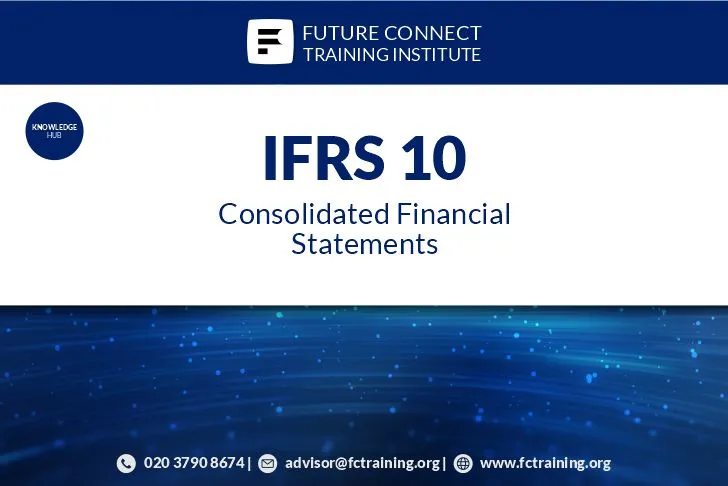
Q1: What is IFRS 10?
IFRS 10 is an International Financial Reporting Standard that provides guidance on the consolidation of financial statements. It sets out the principles for determining whether an entity should be consolidated and the accounting treatment for consolidated entities.
Q2: What is the main objective of IFRS 10?
The main objective of IFRS 10 is to provide a single framework for the consolidation of all types of entities, including special purpose entities and investment entities. It also aims to provide more relevant information to users of financial statements by requiring the consolidation of all entities under the control of a reporting entity.
Q3: How does IFRS 10 define control?
IFRS 10 defines control as the power to govern the financial and operating policies of an entity so as to obtain benefits from its activities. Control is assessed based on a number of factors, including the ability to direct the activities of the entity, the ability to appoint and remove the majority of the entity's board of directors or equivalent, and the ability to use the entity's assets to obtain benefits.
Q4: What are the disclosure requirements under IFRS 10?
The disclosure requirements under IFRS 10 include information about the nature of an entity's relationship with its subsidiaries, including the extent of control exercised over them, any changes in that control during the reporting period, and the effects of any changes in control.
Q5: Who is responsible for ensuring compliance with IFRS 10?
The entity's management is responsible for ensuring compliance with the consolidation requirements of IFRS 10. Auditors are responsible for auditing the entity's compliance with those requirements and reporting on any identified deficiencies.
Q6: Are there any exceptions or exemptions to the requirements of IFRS 10?
IFRS 10 provides limited exceptions for some types of entities, such as those in the insurance industry, that may be subject to other specific accounting requirements. Additionally, IFRS 10 provides limited exemptions for small and medium-sized entities that meet certain criteria. However, the principle of consolidation under IFRS 10 applies to all entities that meet the definition of control.